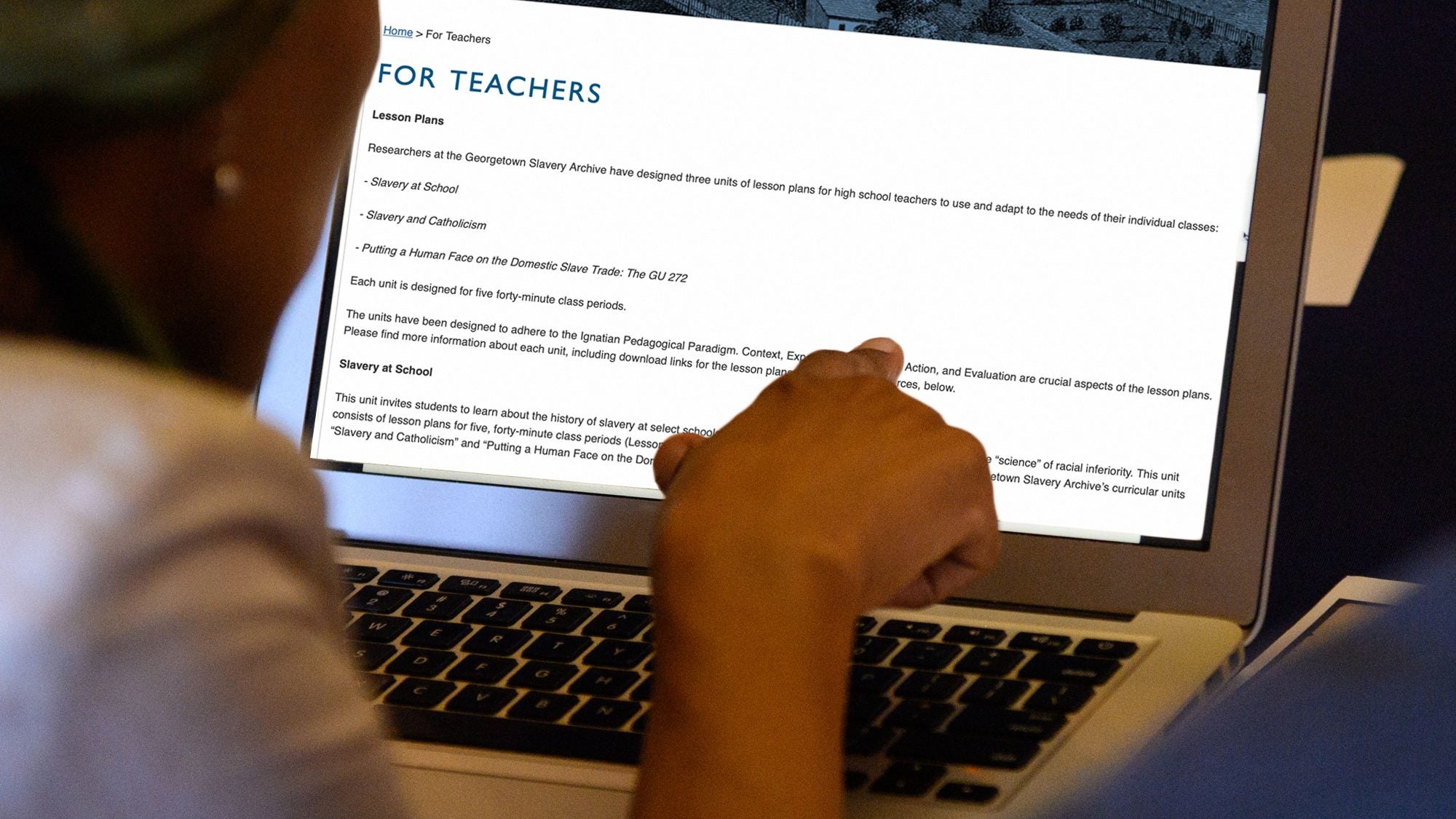
Title: Georgetown Slavery Archive Provides Educational Outreach Events, Opportunities
Reaching out to the Georgetown community, the public and descendants through events, lectures and panel presentations – is a major part of the work of the Georgetown Slavery Archive (GSA), created in 2016 to digitize and house material related to the Maryland Province and the university’s historical ties to slavery.
The GSA includes documents related to the 1838 sale by the Maryland Jesuits of more than 270 enslaved individuals to plantation owners in Louisiana for the benefit of the university and other Jesuit projects at the time. Thousands of descendants of these individuals have been identified over the past four years in part using material published by the GSA.
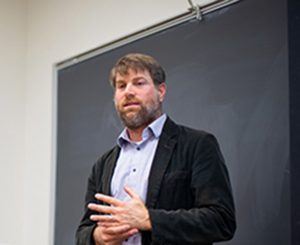
In the past two years, the archive’s outreach efforts have included more than 30 events, including the introduction of the archive to new students, transcription events, meeting with descendants, and workshops for educators.
“Just building a website is not enough,” says Adam Rothman, a history professor who serves as principal curator of the archive. “We have tried to make the Georgetown Slavery Archive into an active and useful tool for students, teachers, researchers and the public.”
Enlightening and Empowering
Over this past summer, for example, GSA organized a virtual workshop for teachers from Jesuit high schools.
The workshop introduced the teachers to three curriculum modules the GSA developed – “Slavery at School,” “Slavery and Catholicism” and “Putting a Human Face on the Domestic Slave Trade.”
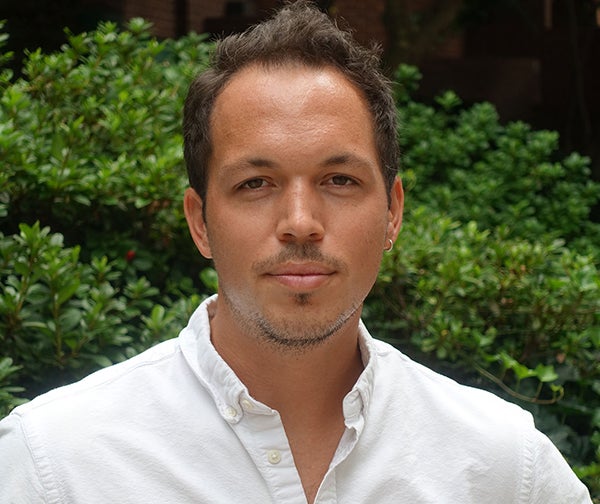
Led by Andrew Davenport, a GSA Fellow and history Ph.D. student, the workshop was designed to help the teachers integrate the content into their high school classes.
“As a former Jesuit middle school and high school teacher,” Davenport says, “I know firsthand how ideas circulate from colleges and universities to secondary and middle schools. That’s one of the many reasons why I was so encouraged that participants from 40 Jesuit high schools, a significant number of the Jesuit high schools across the U.S., joined us for the four days of our inaugural GSA teachers’ workshop.”
Harry Egner Jr. of the Loyola School in New York called the workshop “enlightening, empowering and necessary for any Jesuit educator in the country today.”
“The specific sessions highlighted the historic collections of the archive, and perhaps more importantly, how those resources fit into digestible lesson plans for educators and in turn their students in the classroom,” Egner said.
Inviting Transcribers
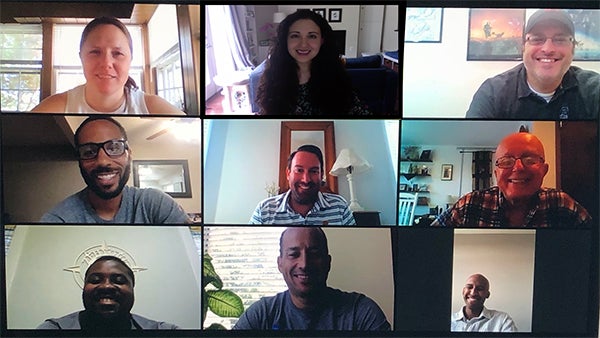
Several transcription events have taken place through the auspices of the GSA, the most recent in April 2020 to commemorate Washington, DC’s Emancipation Day.
During that event, about 100 students, staff, faculty, alumni and descendants of individuals enslaved and sold by the Maryland Province of Jesuits participated in a weeklong virtual transcription event.
For Emancipation Day 2019, descendants, faculty, staff and students on campus transcribed a sacramental register of Catholic baptisms, marriages and burials related to the enslaved and free people of color around the White Marsh Jesuit plantation in Bowie, Maryland.
Elsa Barraza Mendoza, GSA assistant curator and history Ph.D. candidate, led the 2020 virtual event and she and Rothman led the 2019 transcription session, to which several descendants brought their children.
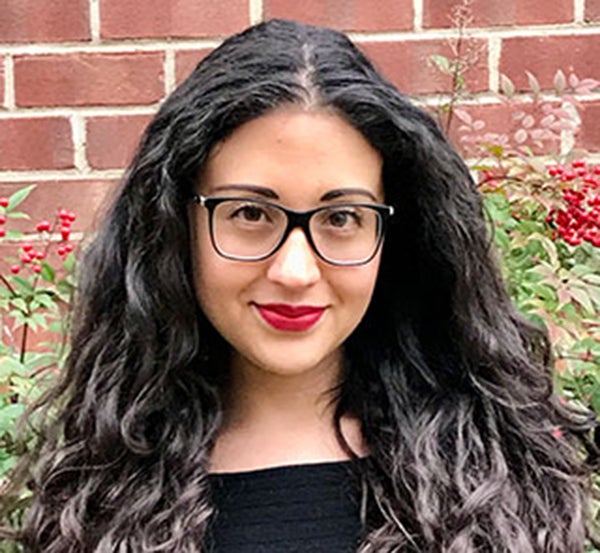
“Making historical documents accessible is one of the main goals of the Georgetown Slavery Archive,” she says. “These transcription events advance our research and help bring this history and its records closer to the Georgetown and descendant communities.”
Inspired by Efforts
Undergraduates learn about the archive and Georgetown’s historical ties to slavery in a recently created course.
“Professor Rothman has set up Zoom meetings with people close to the issue, from people who served on the working group to direct descendants themselves,” said Miles Aceves-Lewis (C’22) of Houston, when he was taking the course. “I appreciate how the class encourages us to dig through Georgetown’s slavery archives. Through it, I’ve been inspired by the past efforts of Georgetown students who were first learning about this history and formulating opinions on what ought to be done in light of this history.”
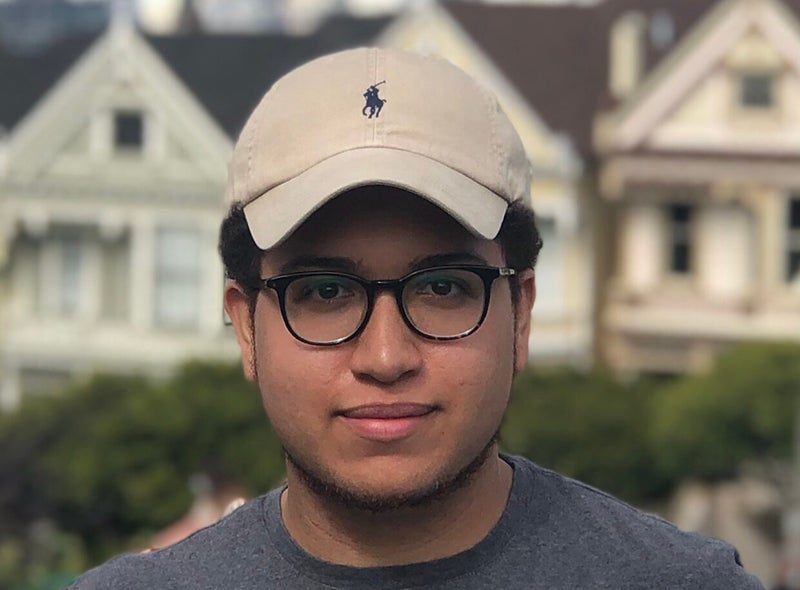
Before the pandemic hit, undergraduates also met with the descendant community and toured sites connected to the 1838 sale in a Spring Break trip led by Rothman and Bernie Cook, an associate dean and founding director of Georgetown’s Film and Media Studies Program.
Other outreach events have included a video presentation related to the logbook of the slave ship Mary acquired by Georgetown’s Booth Family Center for Special Collections.
Yasmine Bouachri (C’21) created the video with supervision from Rothman.
“We’re not finished yet,” Rothman says. “We’re always looking for new ways to convey this history in a meaningful way.”